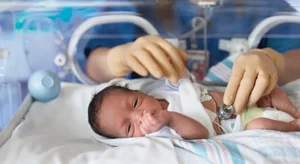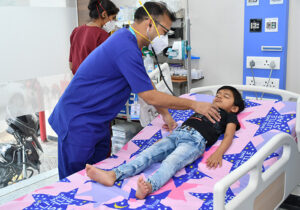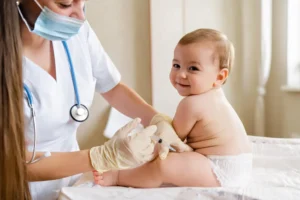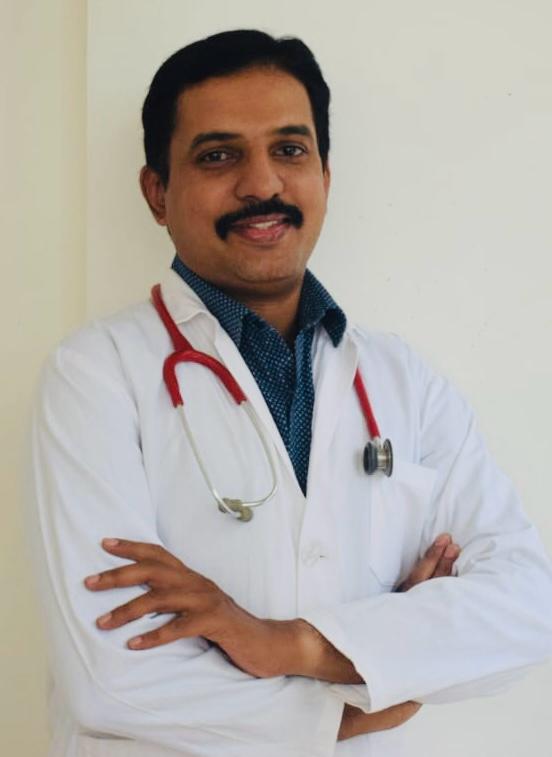PAEDIATRICS
PAEDIATRICS
Paediatrics is a specialised medical discipline focused on
- Precision: Imaging guidance ensures accurate needle placement, minimizing the risk of complications and improving diagnostic accuracy.
- Minimally invasive: Compared to open surgery, aspiration is a minimally invasive procedure with a shorter recovery time.
- Diagnostic information: It provides valuable information for diagnosis, treatment planning, and monitoring disease progression.
It is the health care, from the birth to the end of adolescence, that includes the stages of infancy, childhood, adolescence and young children. The line of treatment for children is distinct from that of adults due to the difference in anatomy, besides differences in other factors of
a) Medication absorption
b) Distribution
c) Metabolism
d) Elimination

Paediatrics aims at reduced infant and child mortality rates, by effectively reducing the spread of infectious diseases, thereby encourage healthy lifestyles, and helping ease the problems of children and teenagers with chronic illnesses.
Conditions that Paediatricians diagnose and treat children include:
a) Injuries
b) Infections
c) Genetic and congenital conditions
d) Cancers
e) Organ diseases and dysfunctions
Paediatrics is concerned with treating the long-term effects of disability, and rehabilitation in addition to the immediate management of health condition amongst children.
Paediatrics plays an import role in the prevention, detection and management of problems early, for conditions including:
a) Developmental delays and disorders
b) Behavioural problems
c) Functional disabilities
d) Social stresses
e) Mental disorders like depression and anxiety.
A few conditions that may require Paediatric Rehabilitation:
- Neurodevelopmental Disorders:
Some of the Neurodevelopmental Disorders are Cerebral palsy, Down syndrome, developmental delays, autism spectrum disorder, conditions that affect motor skills, cognitive development, and social interaction.
- Neurological Conditions:
Conditions that impact the nervous system caused by Traumatic brain injury, spinal cord injury, spina bifida, stroke, and other causes.
- Musculoskeletal Conditions:
Condition that affect the muscle, bone, and joints, including scoliosis, fractures, and juvenile arthritis.
- Injuries:
Injuries from accidents, sports injuries and burns.
- Other Conditions:
Certain conditions that affect movement and development like Torticollis, Plagiocephaly, Clubfoot.
- Functional Deficits:
Deficiency on in motor skills, speech and language, feeding, and exercise capacity.

NICU
Neonatal Intensive Care Unit, is a unit of hospital, that provides intensive care for new born babies, who are born prematurely, besides have low birth weight, or have other health conditions requiring continued monitoring and specialized treatment.
PICU


VACCINATION
WELL BABY CLINIC

OUR SPECIALISTS

Dr. Jagadish
DCH(Paed)

Dr. Jayaprakash
MD

Dr. Pramod S
MS, MCH(Paed Sur)
